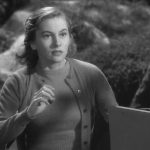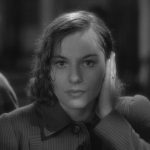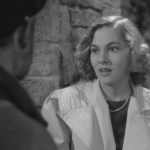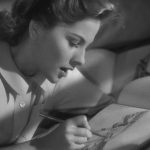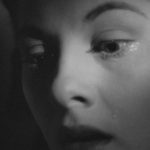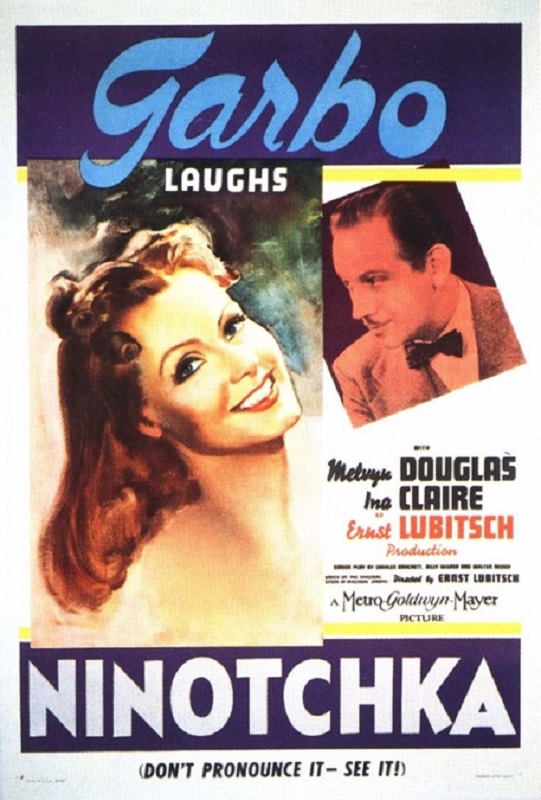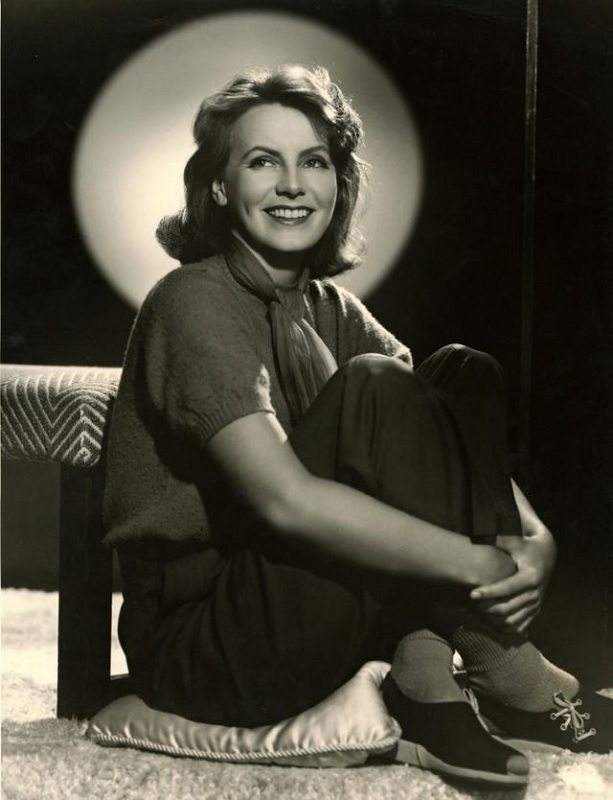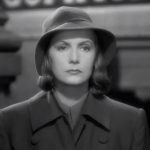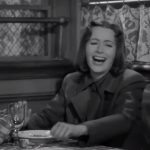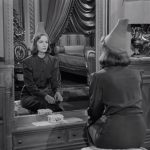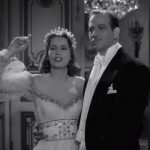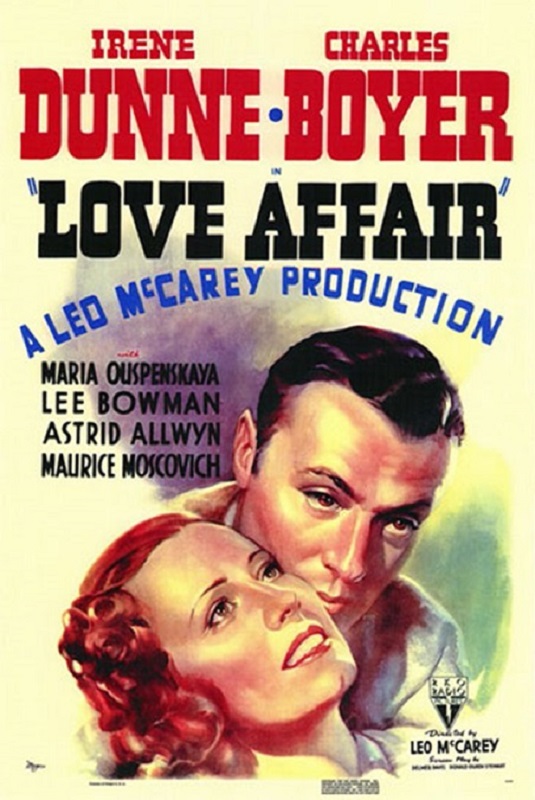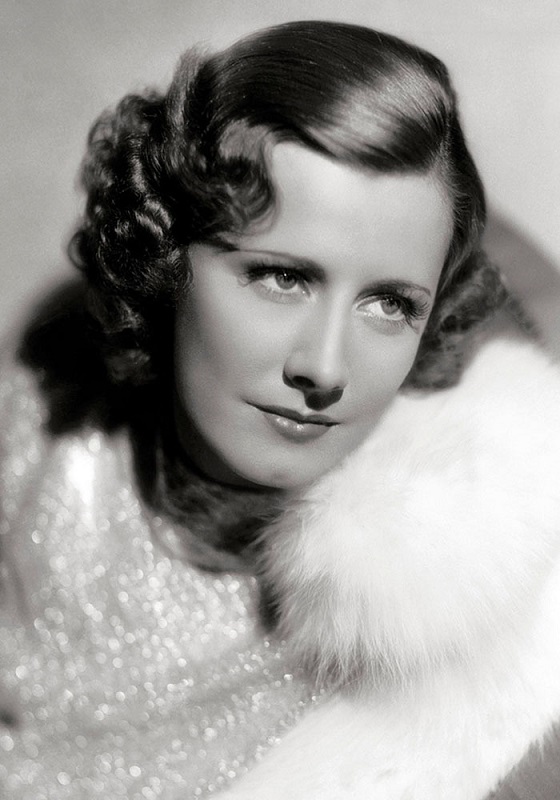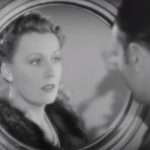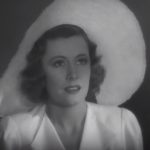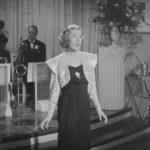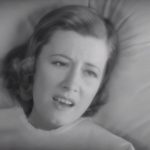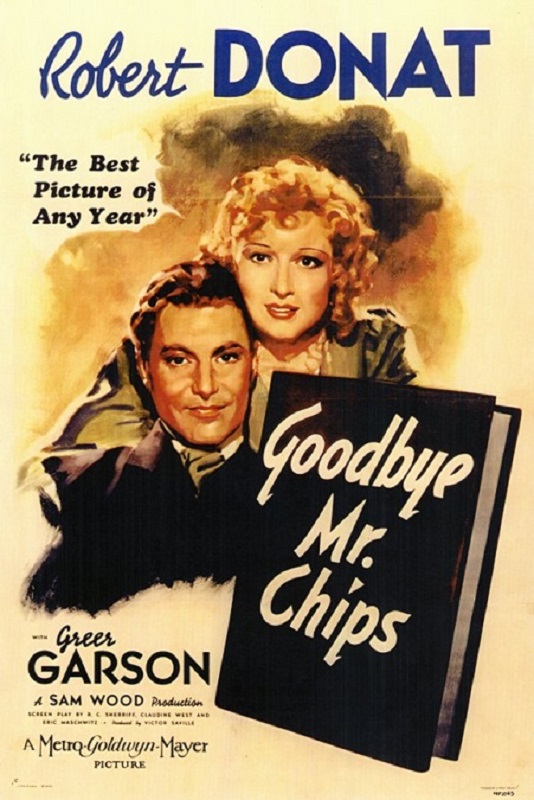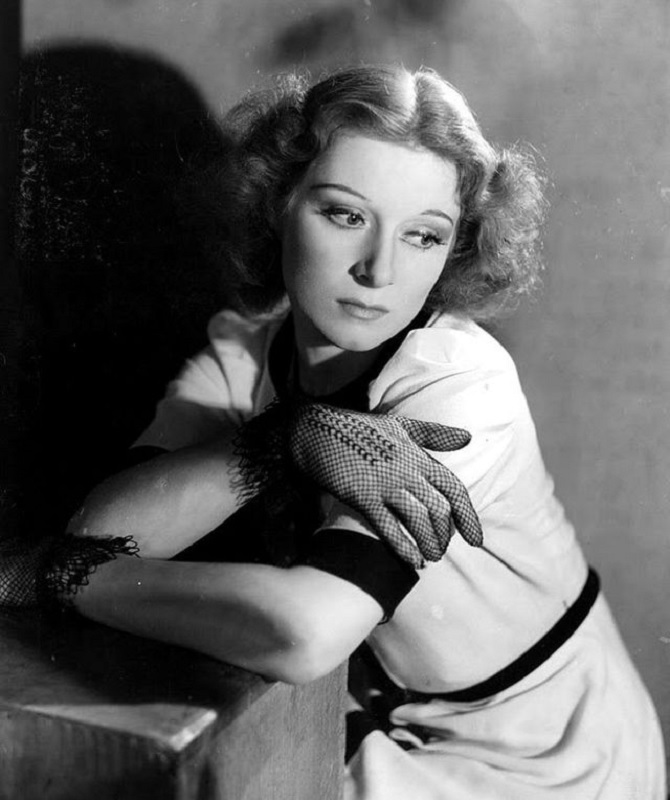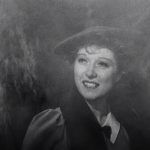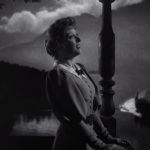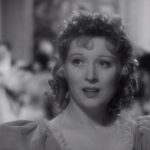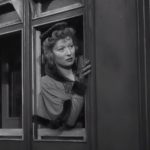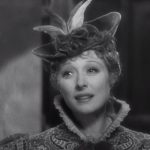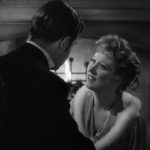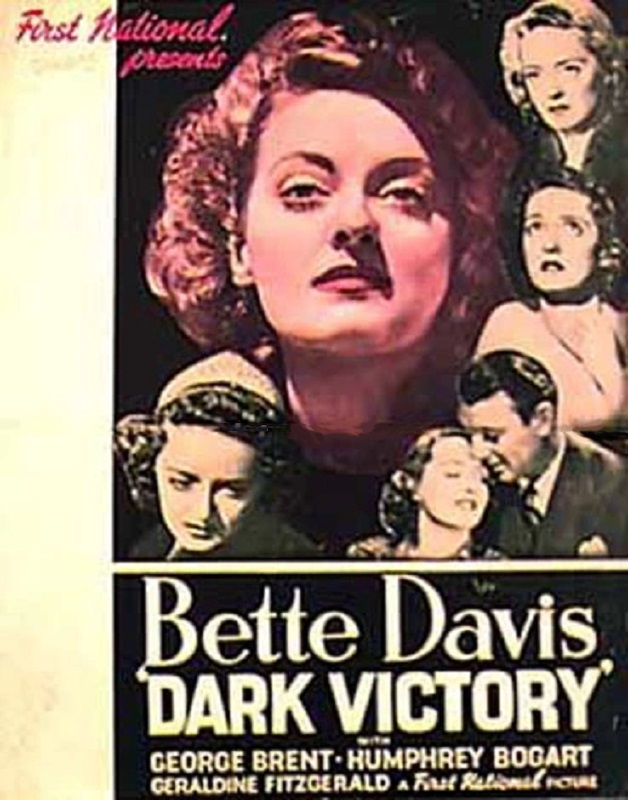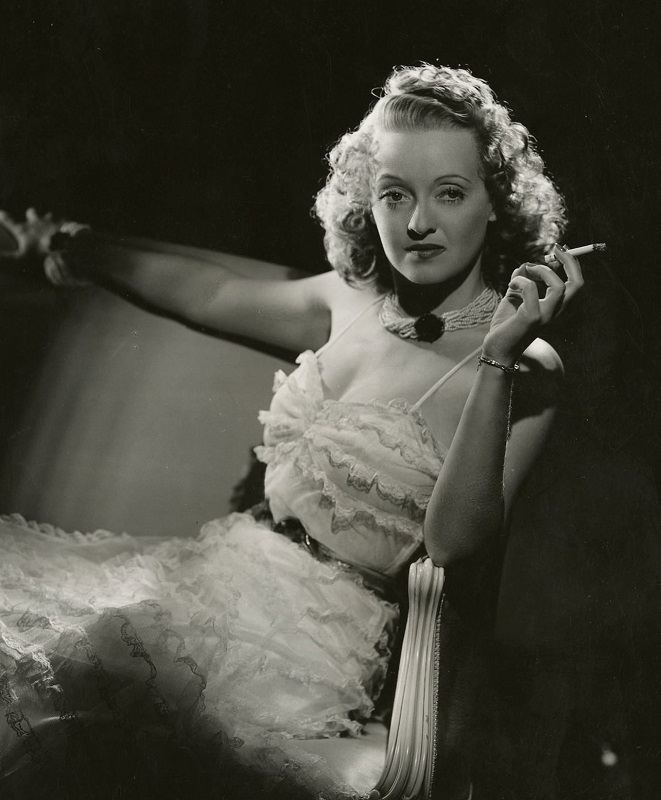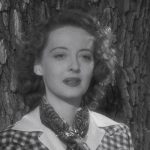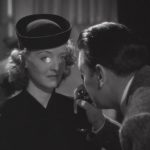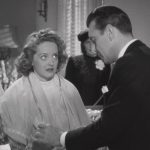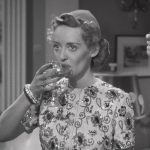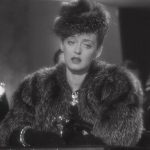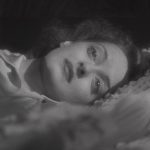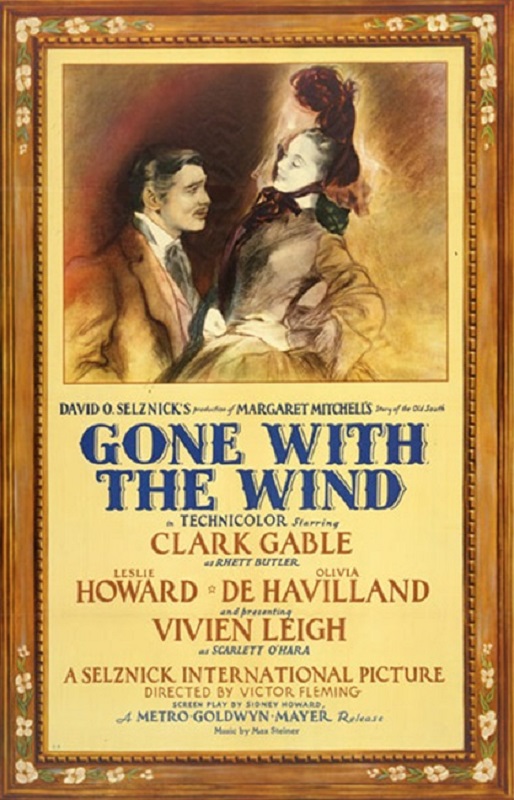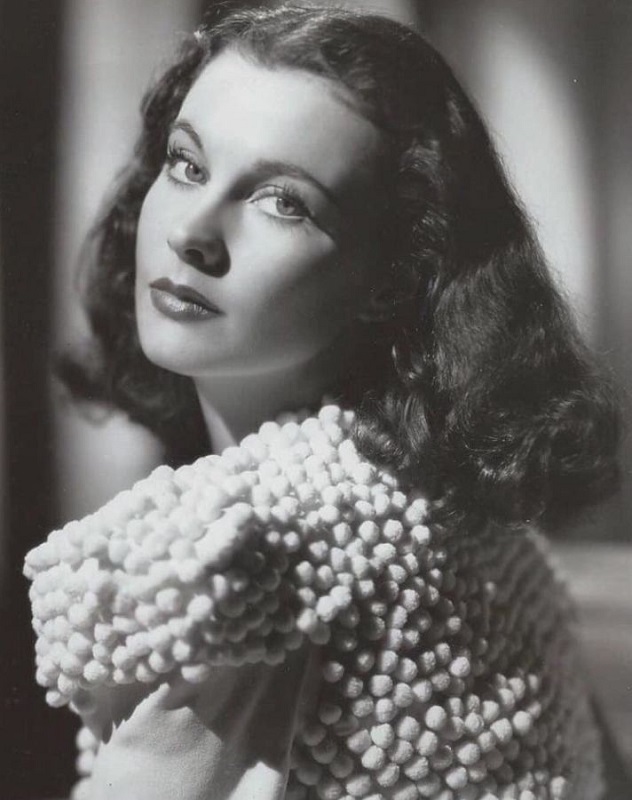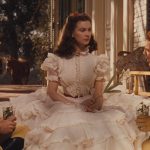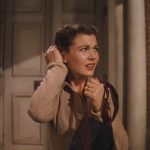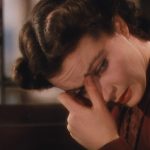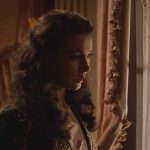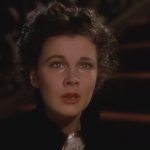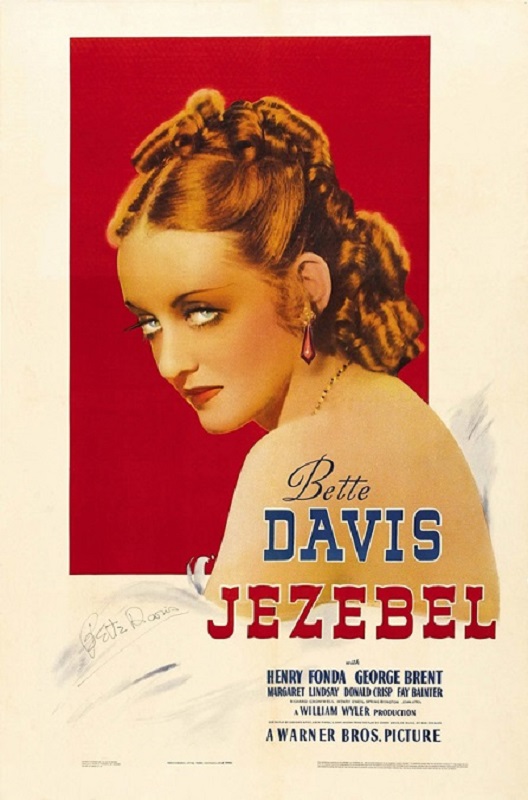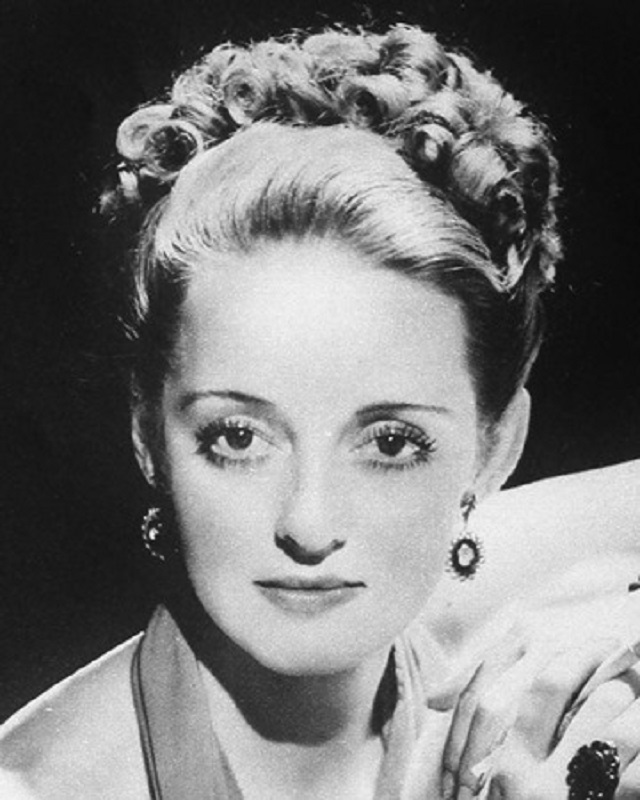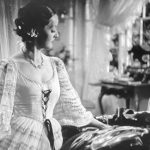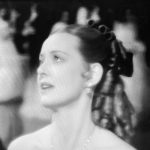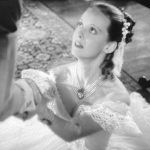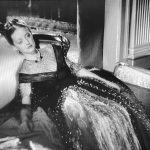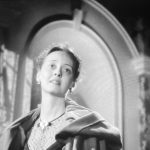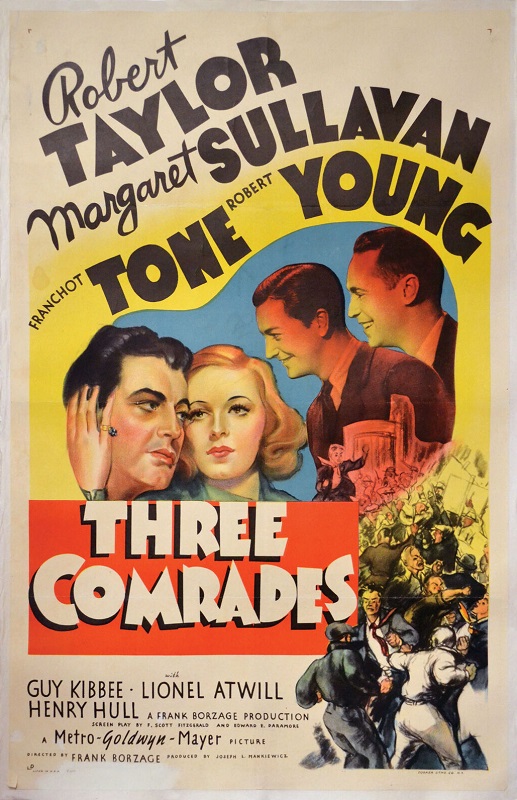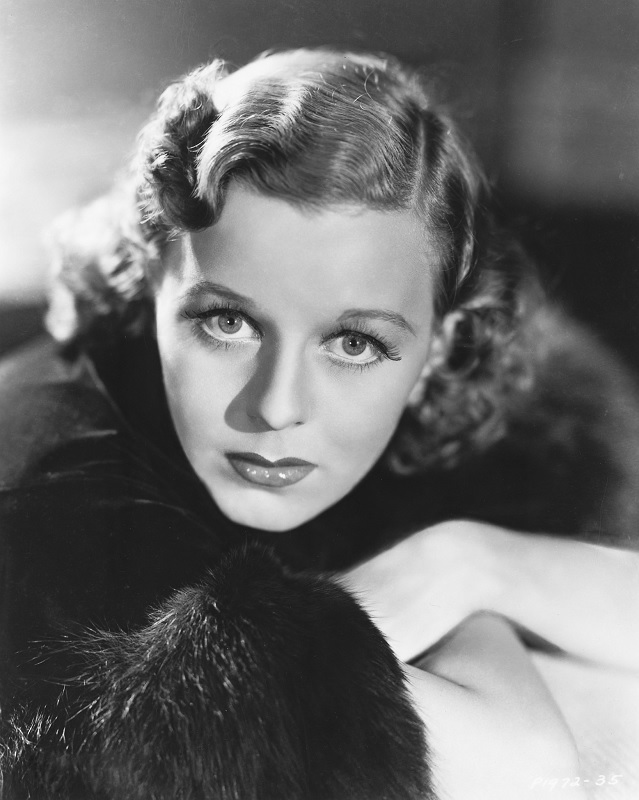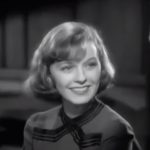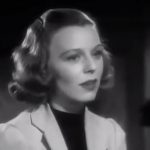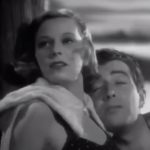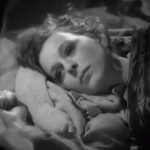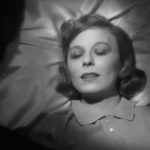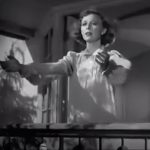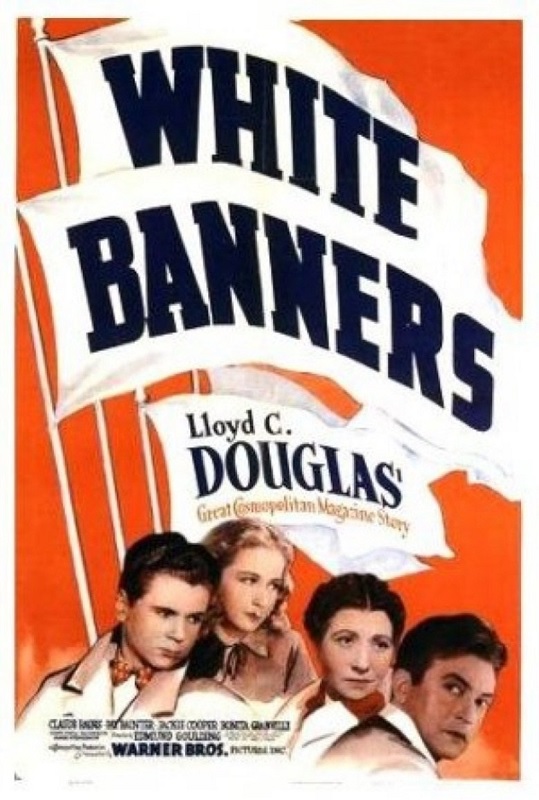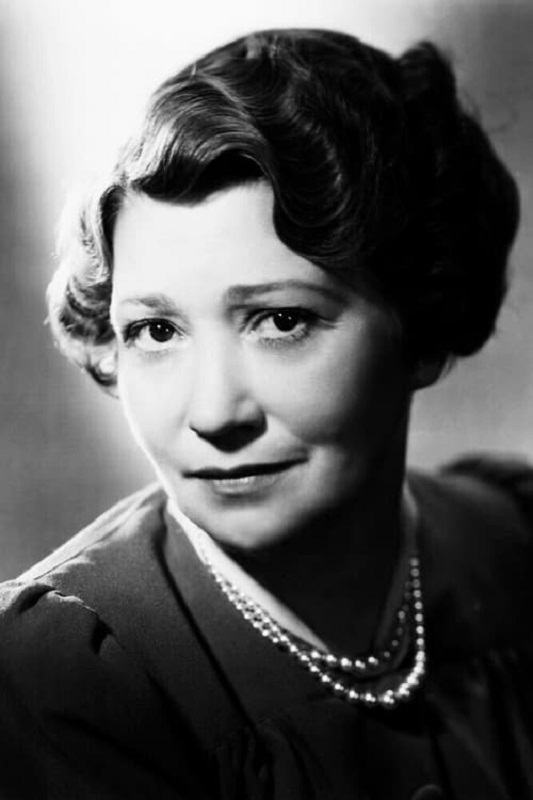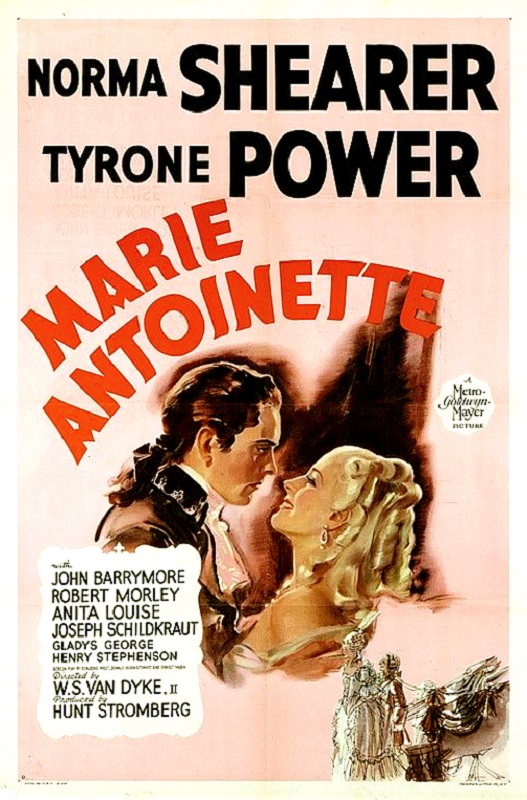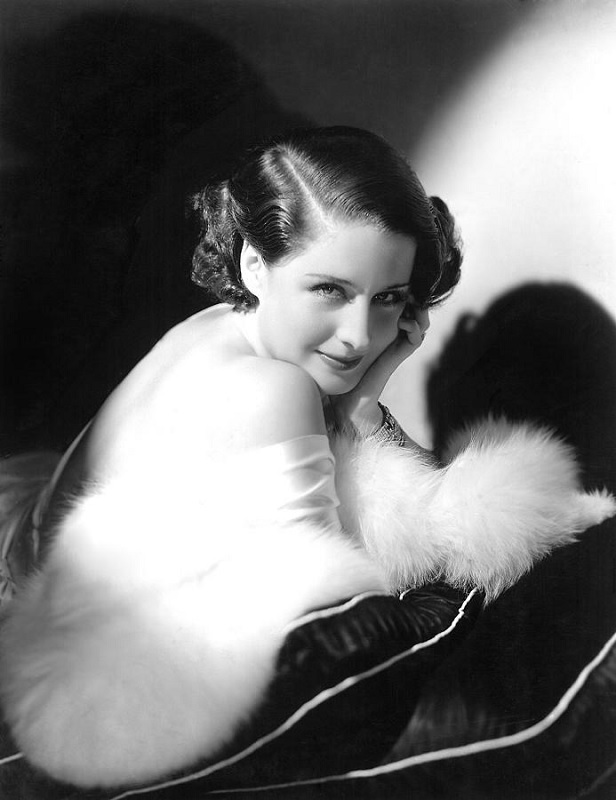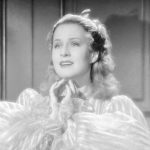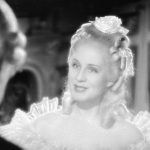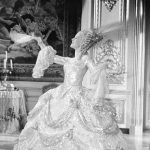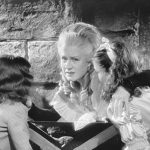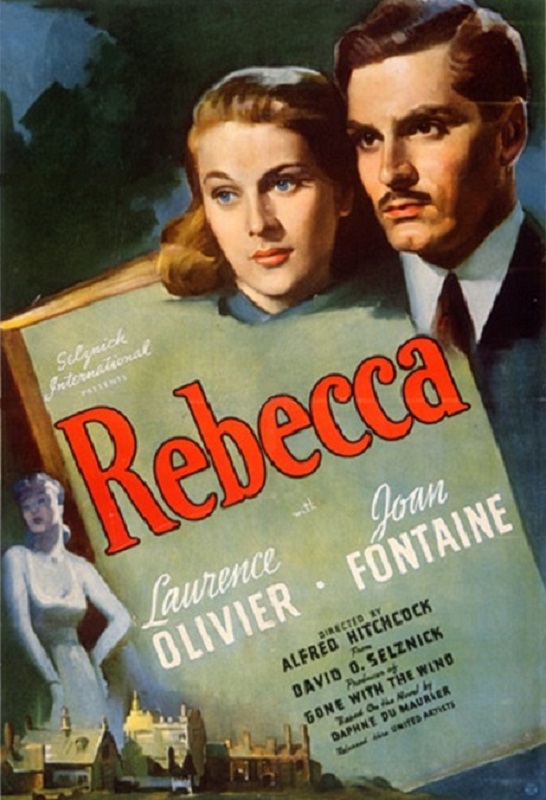
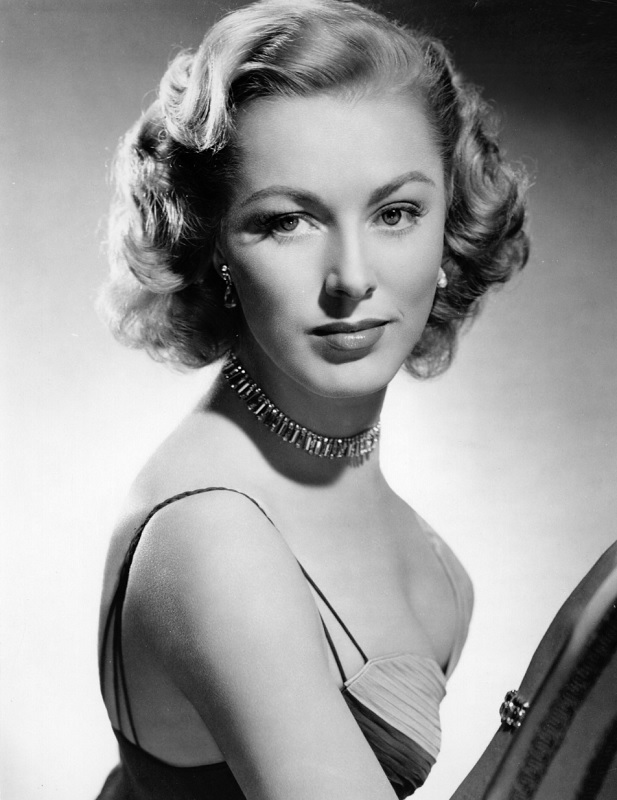

1940 – Joan Fontaine
Rebecca
The first time I saw this movie, I didn’t think Joan Fontaine did a very good job. I thought the aggressively shy personality was too heavy-handed. But the more times I see the film, the more I realize the exact opposite. The real clue is in the name of her character, or rather the lack of a name. She is never actually given one. She is nobody but the woman who lives in the shadow of the infamous Rebecca. Even in the credits, she is only referred to as the Second Mrs. de Winter.
She is supposed to be a terminally shy woman who allows herself to be manipulated by nearly every other character in the story. She has almost no personality of her own, outside of her social ineptness and timidity. How does someone portray that effectively? Fontaine had to find that fine line between a woman with severe social anxiety and one with enough confidence to fall in love with and marry the wealthy Maxim, and take on the role of the Lady of Mandalay.
And the more I think about it, the more I see how incredible a performance Fontaine turned in. Just look at the difference between the character at the beginning of the movie and the woman she becomes at the end. The difference is both pronounced and yet subtle at the same time. It is really remarkable. The former was perpetually nervous and the latter had a newly budding confidence. A lesser actress might not have been able to pull that off effectively, but Fontaine did the part justice, and I think her nomination was very much deserved.
Not only that, but this was essentially a psychological thriller. Her interactions with Judith Anderson as Mrs. Danvers was a big part of that. There was one powerful scene that sticks in my memory. In it, Mrs. Danvers tries to get her to commit suicide by throwing herself from a window. It is easy to focus on Anderson’s performance in that scene, but Fontaine was really incredible, too. The look on her face, the tears, her body language, all make the viewer begin to question whether she would actually do it. There was a moment when you think she might really kill herself. And the relief on her face when the moment was broken was perfect. And that was all Fontaine. She really gave us an amazing performance.
